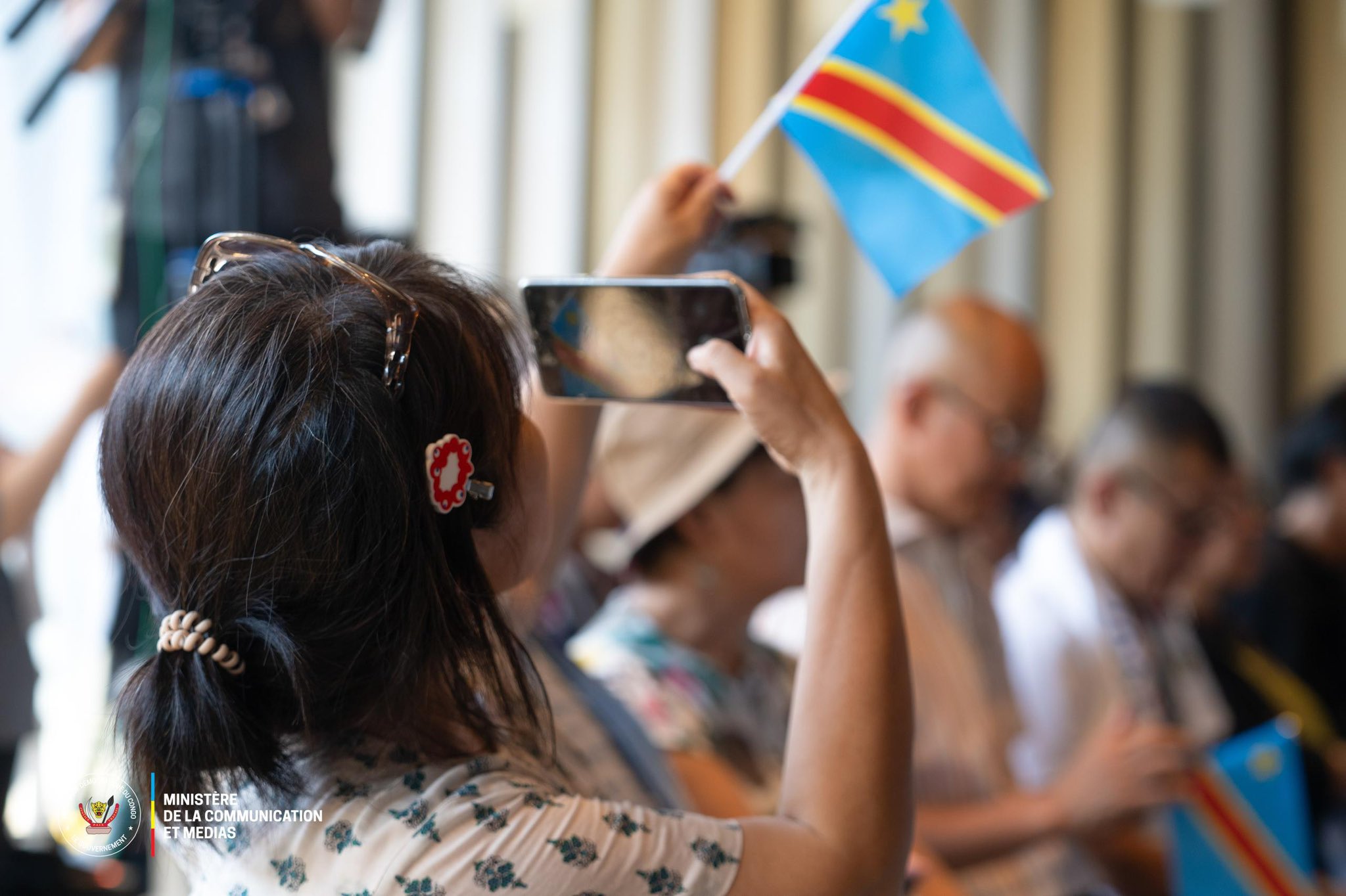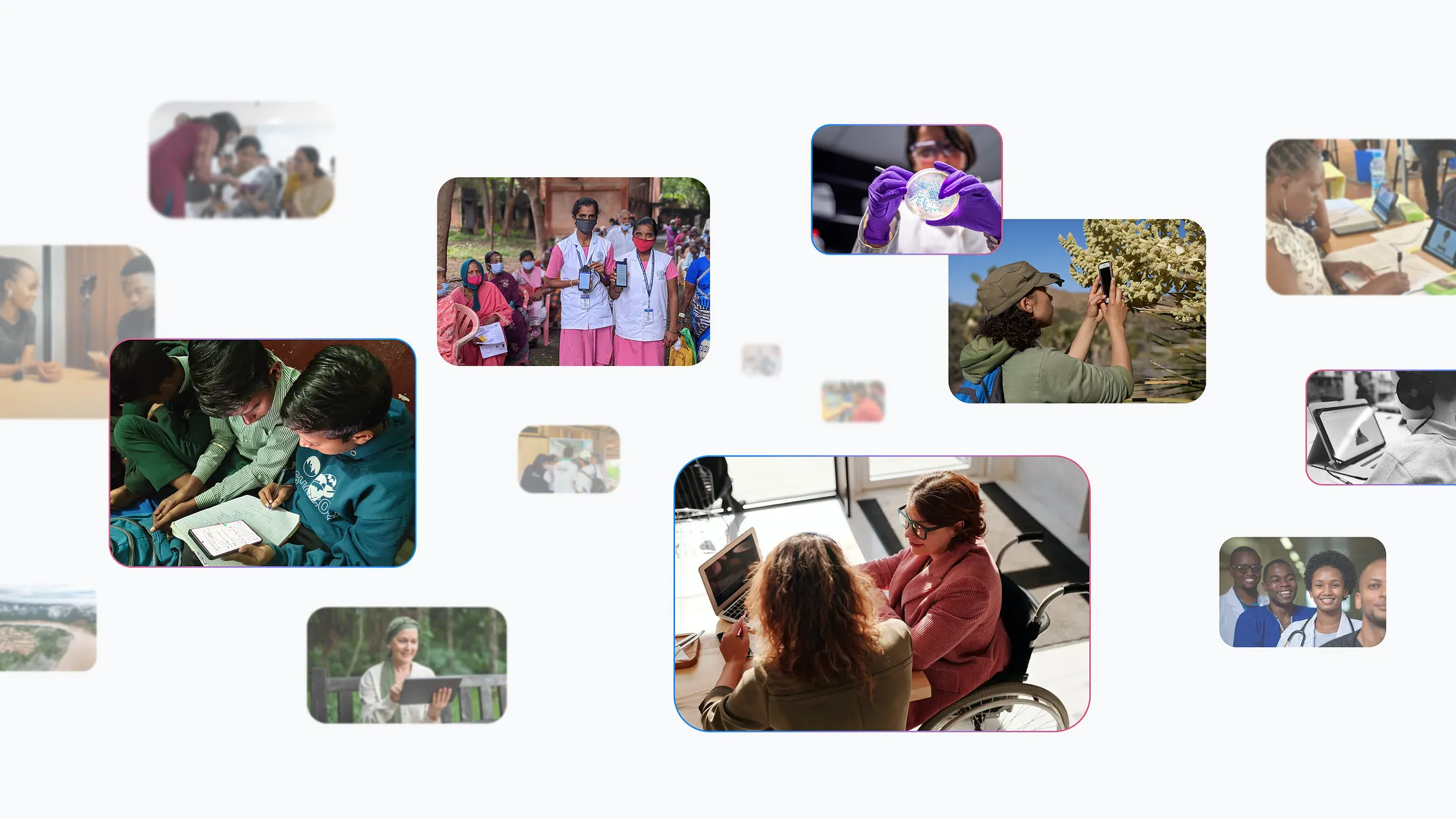Africa stands at the precipice of a digital revolution. Imagine a continent where AI diagnoses diseases in remote villages, optimizes harvests for starving farms, and streamlines justice in overcrowded courts. Yet, without robust laws, this dream could morph into a nightmare of bias, exploitation, and unchecked power. As the world races toward AI dominance, Africa isn’t just catching up—it’s redefining the game with policies that blend bold ambition with ethical steel. But can the cradle of humanity tame the machine before it reshapes us?
The Continental Canvas: A Unified Vision Emerges
At the heart of Africa’s AI narrative is the African Union’s Continental AI Strategy, unveiled in 2024 and gaining momentum into 2025. This blueprint isn’t mere rhetoric; it’s a call to arms for 55 nations to harness AI for development while safeguarding human rights. Emphasizing five pillars—inclusion, innovation, ethics, infrastructure, and capacity-building—it positions AI as a tool for leapfrogging economic hurdles. By September 2025, the AU has declared AI a strategic priority, urging investments that could unlock billions in GDP growth.
Yet, this pan-African push reveals a profound truth: AI governance isn’t about control—it’s about empowerment. Without it, foreign tech giants could plunder Africa’s data riches, leaving the continent as a digital colony. The strategy’s focus on data sovereignty echoes a deeper cry for self-determination in an era where algorithms dictate destinies.
Pioneers on the Ground: Country-by-Country Strategies
Zoom in, and Africa’s AI landscape bursts with diversity and drive. Kenya leads the charge with its National AI Strategy 2025–2030, a government-led vision aiming to boost ICT’s GDP contribution to 7.7% by 2030 and spawn over 250 AI companies. It’s not just plans—it’s action, signaling to global firms that Africa means business. Rwanda, often hailed as the continent’s tech vanguard, rolled out its national AI policy years ago, targeting literacy, infrastructure, and ethical deployment across sectors.
South Africa grapples with ethical frameworks, drafting regulations that echo EU standards but adapt to local realities like high unemployment and inequality.
Nigeria, Africa’s giant, integrates AI into legal practice, with tools like Case Radar drafting documents and connecting lawyers to clients, all while NITDA crafts a National AI Strategy to bridge ethical gaps. Ethiopia’s Artificial Intelligence Institute guides policies, while nations like Ghana, Zambia, and Egypt experiment with governance models that prioritize data protection and bias mitigation.
By mid-2025, at least eight countries boast full AI strategies, with five more in drafts.10ca1b This mosaic isn’t chaos—it’s resilience, proving Africa can innovate without aping the West.
The Shadows: Ethical Quagmires and Infrastructure Hurdles
But let’s not romanticize. Africa’s AI ascent faces brutal realities. Data silos plague enterprises, and without clean datasets, AI’s promise fizzles.Ethical voids loom large: only 17 of 53 countries address AI’s moral implications, risking biased systems that deepen divides. Hallucinations—AI’s fabricated facts—could derail justice, as seen in global cases where lawyers cited phantom precedents.
Regulation lags innovation, with copy-paste policies from Europe failing Africa’s context. Infrastructure gaps, from unreliable power to talent shortages, threaten to sideline the continent. Mastercard’s 2025 white paper warns: without swift investment, Africa misses a $165 billion AI boom, leaving 230 million digital jobs untapped. Profoundly, this isn’t tech talk—it’s about dignity. Who controls Africa’s data? Who profits from its insights?
The Dawn: Opportunities in the Digital Dust
Flip the script, and AI becomes Africa’s equalizer. Sovereign AI—built by Africans, for Africans—could close talent gaps, fortify infrastructure, and craft solutions in local languages. From AI-driven tax audits in Kenya to pattern-detecting anti-corruption tools in South Africa, governments are weaponizing tech for good.
Economically, it’s explosive: AI could supercharge sectors like agriculture and healthcare, creating jobs while tackling climate woes. Ethically, Africa’s frameworks emphasize inclusion, turning potential pitfalls into profound progress. As one expert quips, “Africa’s AI policy can’t be copy-paste—this time, it must be bespoke.”
Forging Ahead: A Call to the Code
Africa’s AI story isn’t written yet—it’s being coded in real-time. Governments must move beyond strategies to enforcement, investing in education and ethics to avoid a digital divide. Lawyers, innovators, and citizens: embrace AI not as a threat, but as a torchbearer. In the words of a rising chorus, sovereign AI isn’t luxury—it’s survival. Will Africa lead the world in humane AI? The code is compiling—history awaits your input.




